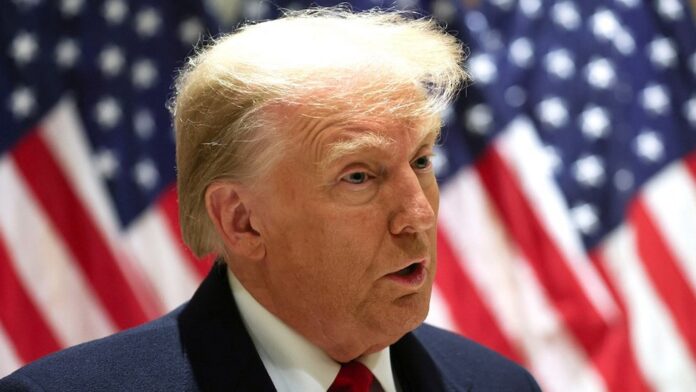The Trump administration has extended its crackdown on Diversity, Equity, and Inclusion (DEI) programs to French companies with U.S. government contracts, mandating their compliance with an executive order that bans such initiatives.
The directive underscores the extraterritorial reach of U.S. policies and raises concerns over their potential impact on European corporate practices.
French companies receiving U.S. government contracts have been asked to confirm their compliance by completing a document titled “Certification Regarding Compliance With Applicable Federal Anti-Discrimination Law.” The request, sent by the U.S. Embassy in Paris, instructs firms to submit signed declarations within five days, outlining their stance on compliance.
Those unwilling to sign are required to provide detailed reasons, which will be reviewed by legal authorities.
The order, issued under Executive Order 14173, titled “Ending Illegal Discrimination and Restoring Merit-Based Opportunities,” applies to all U.S. government suppliers, regardless of their nationality or operating location. The move has sparked debates over the broader implications of U.S. policies on international business operations, particularly in Europe, where corporate diversity practices differ significantly from American approaches.
Unlike in the U.S., where companies track race and ethnicity data to set diversity targets, France follows a strict secular approach that restricts data collection on race and ethnicity. French companies focus more on gender and socioeconomic diversity, aligning with the country’s legal framework.
The U.S. requirement has raised concerns in European boardrooms over potential compliance challenges and the risk of further U.S. intervention in corporate policies overseas.
French authorities have strongly opposed the move. The Ministry of Foreign Trade condemned the U.S. directive, calling it “unacceptable American interference in the inclusion policies of French companies.” The ministry warned that France and the European Union would take necessary steps to defend their businesses, consumers, and values.
Among the companies that have received the compliance request is Orange, the French state-controlled telecoms group, despite having no operations in the U.S. However, major French firms with U.S. operations, such as Thales and TotalEnergies, have not received similar directives.
The development comes at a time of growing tensions between the U.S. and Europe, with economic and trade disputes—including disagreements over tariffs and security policies—adding to transatlantic strain. It remains unclear whether similar compliance demands have been issued to other European firms, but the move signals an expanding effort by the Trump administration to enforce its policies beyond U.S. borders.
The issue has sparked concerns over the long-term implications for multinational corporations, particularly those operating across jurisdictions with differing regulatory landscapes. Businesses are now assessing their legal and operational strategies to navigate the complexities posed by conflicting U.S. and European policies on diversity and inclusion.




